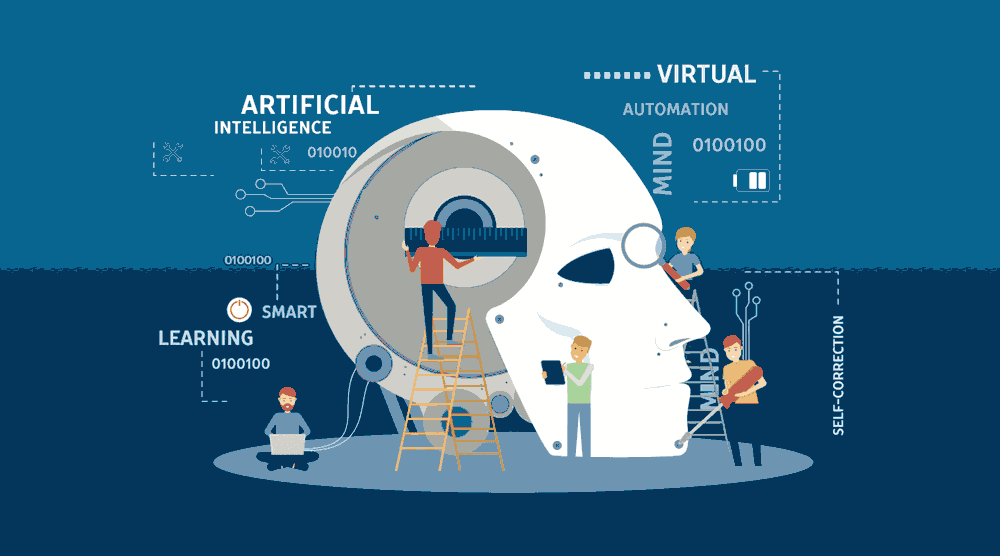Artificial Intelligence (AI) has emerged as one of the most transformative technologies of our time. From redefining industries to reshaping the way we live, AI continues to advance at an unprecedented pace. But what exactly is AI, and how is it changing our world?
What is Artificial Intelligence?
Artificial Intelligence refers to the simulation of human intelligence in machines that are programmed to think, learn, and make decisions. These systems can perform tasks that typically require human intelligence, such as visual perception, speech recognition, decision-making, and language translation.
Applications of AI in Everyday Life
AI is no longer a futuristic concept—it’s a part of our daily lives. Here are some key areas where AI is making a significant impact:
- Healthcare
- AI-powered tools are diagnosing diseases, predicting patient outcomes, and enabling personalized medicine.
- Example: IBM’s Watson and Google’s DeepMind Health.
- Finance
- AI algorithms are used for fraud detection, credit scoring, and automated trading.
- Chatbots provide 24/7 customer service for banking and investment platforms.
- Transportation
- Autonomous vehicles, such as self-driving cars, rely on AI to navigate and make real-time decisions.
- AI also optimizes logistics and delivery routes.
- Retail
- AI enhances customer experience through personalized recommendations and virtual shopping assistants.
- Retail giants like Amazon use AI to manage inventory and predict trends.
- Education
- AI-driven tools help tailor learning experiences for students based on their individual needs.
- Virtual tutors and AI-enhanced e-learning platforms are revolutionizing education.
AI in Science and Research
AI is accelerating scientific discovery by analyzing massive datasets and uncovering patterns that were previously impossible to detect. For instance:
- AI algorithms are used in climate modeling to predict environmental changes.
- Researchers employ AI to develop new drugs and materials.
Challenges and Ethical Concerns
While AI offers immense potential, it also raises critical ethical and societal questions:
- Bias in AI: Algorithms can inherit biases from the data they are trained on.
- Job Displacement: Automation driven by AI may replace certain job roles, necessitating a shift in workforce skills.
- Privacy Issues: AI’s ability to process vast amounts of data raises concerns about surveillance and data misuse.
Efforts are being made to address these challenges, ensuring that AI is developed responsibly and benefits society as a whole.
The Future of AI
The future of AI holds boundless possibilities. Some anticipated developments include:
- Advanced AI assistants capable of performing complex tasks.
- Breakthroughs in quantum computing, which could supercharge AI capabilities.
- Wider adoption of AI in industries like agriculture, energy, and space exploration.
Conclusion
Artificial Intelligence is not just a tool—it’s a transformative force reshaping our world. By embracing its potential while addressing its challenges, we can unlock a future where AI serves as a catalyst for innovation, growth, and human progress. Whether it’s improving healthcare, enhancing education, or revolutionizing industries, AI is here to stay, and its journey has just begun.
Topics: AI Applications AI Trends Artificial Intelligence Ethical AI Machine Learning












